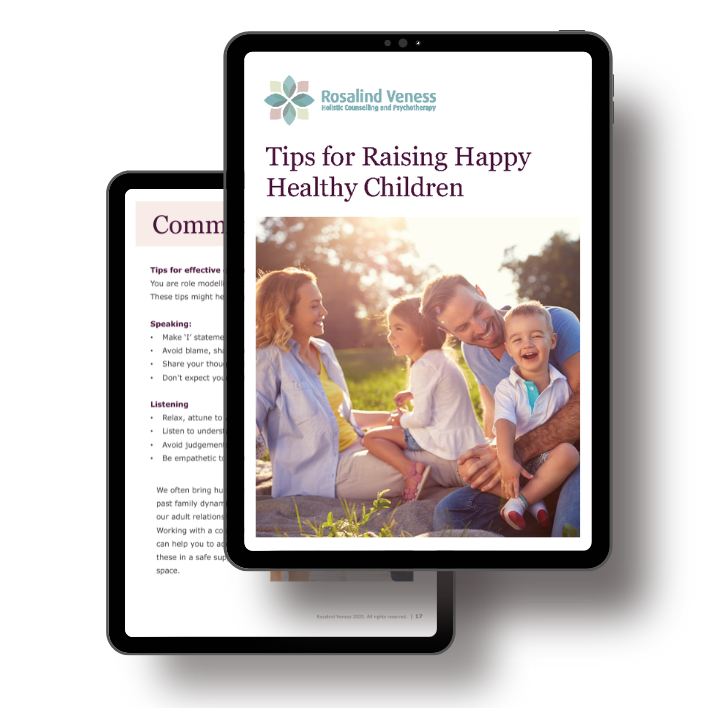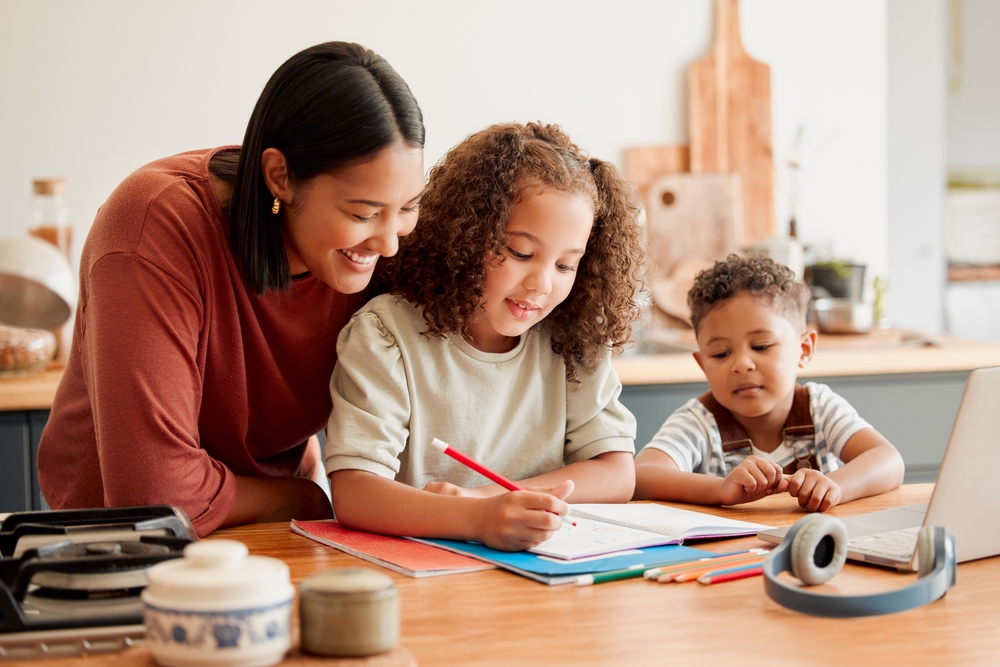
Going back to school after the holidays may cause school-based anxiety to surface for some children. You might notice mood swings, tears, anger or increased stress and tension. All of these are normal behaviours in a time of transition, and are your child’s way of expressing some overwhelming feelings.
For many children, time at home has been a pleasant reprieve from the pressure of being in a classroom. Going back to school may not be easy, and can create anxiety. While some children will easily adapt, others my “act out” their stress.. Perhaps you have a child who can “hold it together” during the day, then lets it all out when they reach the safety of home.
New Term, New Teacher
I remember the excitement of going back to school after the holidays, and catching up with friends again. This memory is linked to the smell of new school books, the thrill of having a new set of pencils…
BUT…
I also remember the fear associated with having to adapt to a new class, and a new teacher, in a new classroom. These are all big things for an anxious child, who is easily overwhelmed, to have to deal with. Your support and understanding can really help them through this period of transition.
The Impact of Trauma
Although the covid pandemic was several years ago, the events of the last few of years have been very unsettling for all of us, particularly our children. Since covid lockdown, the incidence of school refusal has been increasing. It’s normal for children to be feeling anxious and overwhelmed when their world feels unsafe..
Children who have experienced early trauma will often struggle in a normal classroom. Their nervous systems are more likely to be on high alert, as they act to support survival. While adults may see the classroom as a safe place, for the children, it can feel quite the opposite. In a room full of sights, sounds, the volume of sensory input can seem quite overwhelming. They let us know this through their behaviour.
Dealing with Change
Adapting to big life changes can challenge all of us, especially children. You might be noticing that they are more unsettled as they are returning to school. Some may act out their fears, preparing to fight or flee from an unseen threat. Others might be more inclined to shutdown, and try to disappear. Each response is completely natural.
Your children will benefit most from your care and understanding, as you offer a place of safety and security. Your loving care as a parent can make a huge difference to how your children will process and adapt to these changes. Spending time together to talk about what is happening can be a big help. If you feel you are struggling, there’s no harm in seeking some support.
Follow your Child’s Lead
Firstly, whenever possible, follow your child’s lead in responding to their distress. They have an innate knowledge about what they need to do to support their healing. It is not possible to change a behaviour through punishment and control. You will achieve more through your caring presence, compassion and understanding.
What you might be Seeing?
Signs of school-based anxiety may include:
- Tears
- Unsettled, distressed
- Changed sleeping patterns, waking more, nightmares,
- Fussy with food, loss of appetite, or an excessive need to overeat
- Acting out, more likely to have a meltdown
- Withdrawn, clingy, loss of independence
- Headaches, tummy aches, back and neck pain
What might they be Feeling?
It’s hard to know exactly what your child is feeling, but you can make some guesses based on your own feelings and emotional responses. Some possible responses are:
- Stressed
- Frightened
- Sad
- Anxious
- Overwhelmed
- Frustrated, helpless
You are the Most Important Person Your Child’s Life
Your children need to know that you are able to offer them safety and security. You are their safe base and secure haven in times of emotional turmoil, offering:
- Comfort
- Reassurance
- Support
You are the most important person in your child’s life, and your calm presence is the best way you can support them in their distress. You child will lead you to whatever will help them release their tension. Rather than seeing this as “naughtiness”, they are actually “acting out” their distress and uncertainty. They need the help of a regulated carer to help them process some really big feelings.
Parent self care is an essential part of supporting your children through this transition period. As they say “you can’t pour from an empty vessel”, so it helps if you can keep your own emotional cup full.
Some of the Ways you can Help
Although routines can feel stifling to adults, the predictability of a regular flow to the day can help restore a child’s sense of safety. They will also learn to regulate their strong emotions through connecting with an emotionally regulated adult.
There are many ways in which you can help your children deal with feelings of stress and overwhelm. Here are some suggestions:
- Talk to your child’s teacher, or other school staff and let them know that your child is struggling
- Listen to your children’s stories and empathise with their fear. Help them to “talk it through” if necessary, going into details if they want to, about how they are feeling, what they are thinking…
- Restore regular routines as soon as possible. This gives the children a sense of safety and security
- Let them cry if this is what they need – simply being with them can be enough, offering hugs, understanding and reassurance
- Free play can be very healing – you may need to join in with them if invited to create scenarios, and role play events, perhaps racing around with water pistols to put out imaginary fires.
- Drawing and painting can help your children release their tension, using lots of colours. Even your toddler may find release through scribbling.
- Craft activities, such as finger knitting, weaving, making collages, cutting up pictures from magazines, or bits of coloured paper and gluing it to a background, or manipulating clay and play dough can be therapeutic
- Help them see that they are safe now
It will help to lighten the seriousness of the situation if you can find a way to have moments of fun together as a family, time to laugh and enjoy being together.
Helping the Child in us All
These activities can be helpful to the child in us all, not just our children. It’s no shame to realise that you are feeling stressed, and the above activities may be of help. The long summer holidays are a welcome change in routine, and it’s not always easy to return to “normal”.
The Next Step
Returning to school may challenge your children emotionally. When words are not enough, they will let you know this through their behaviours. They may need your help to process what is happening in their lives.
If you are concerned about either your own or your child’s behaviour, talking to a counsellor can help. You can feel seen, heard and understood, as you work together to find resolution and personal growth.signs of school






